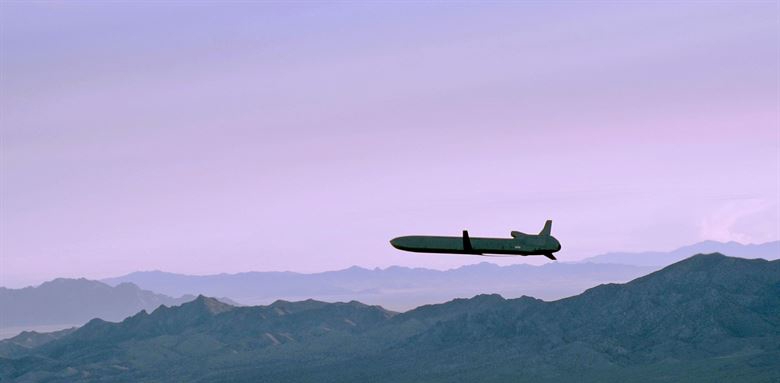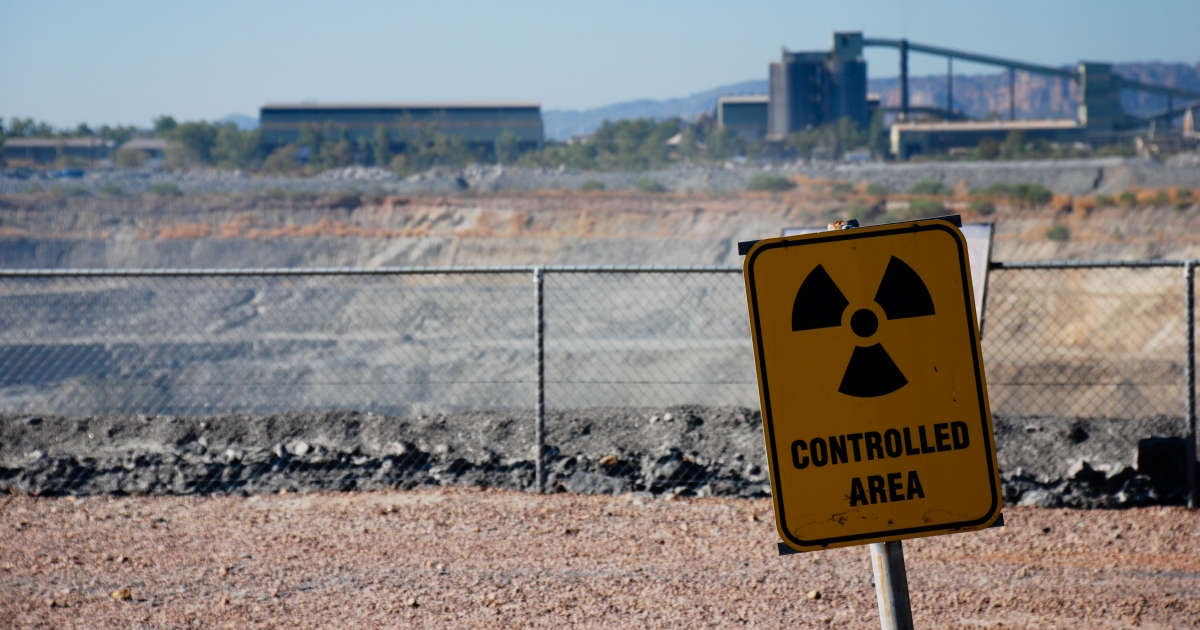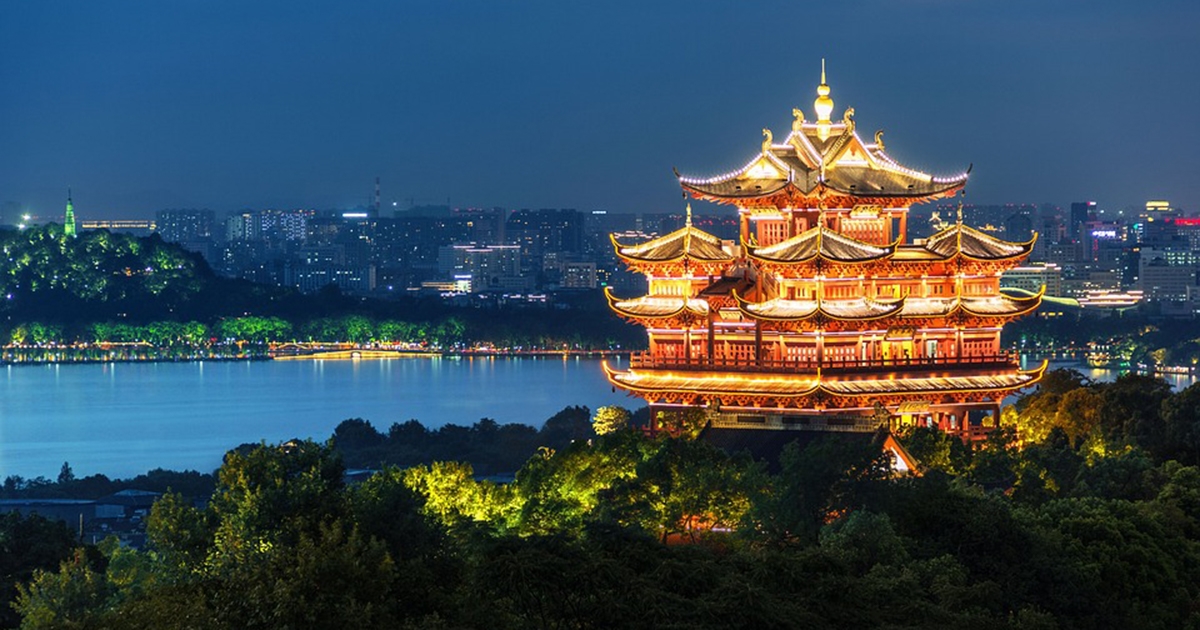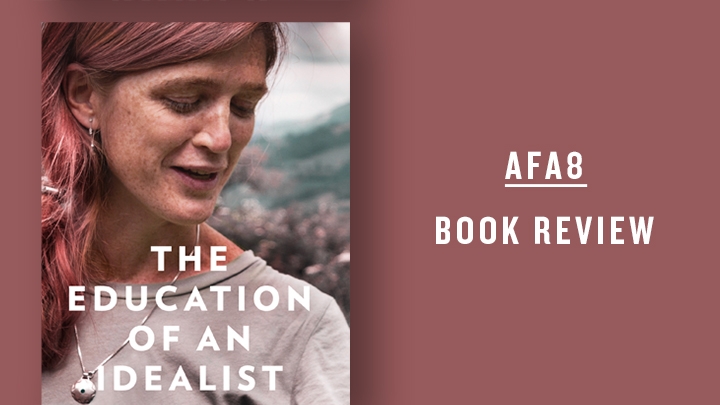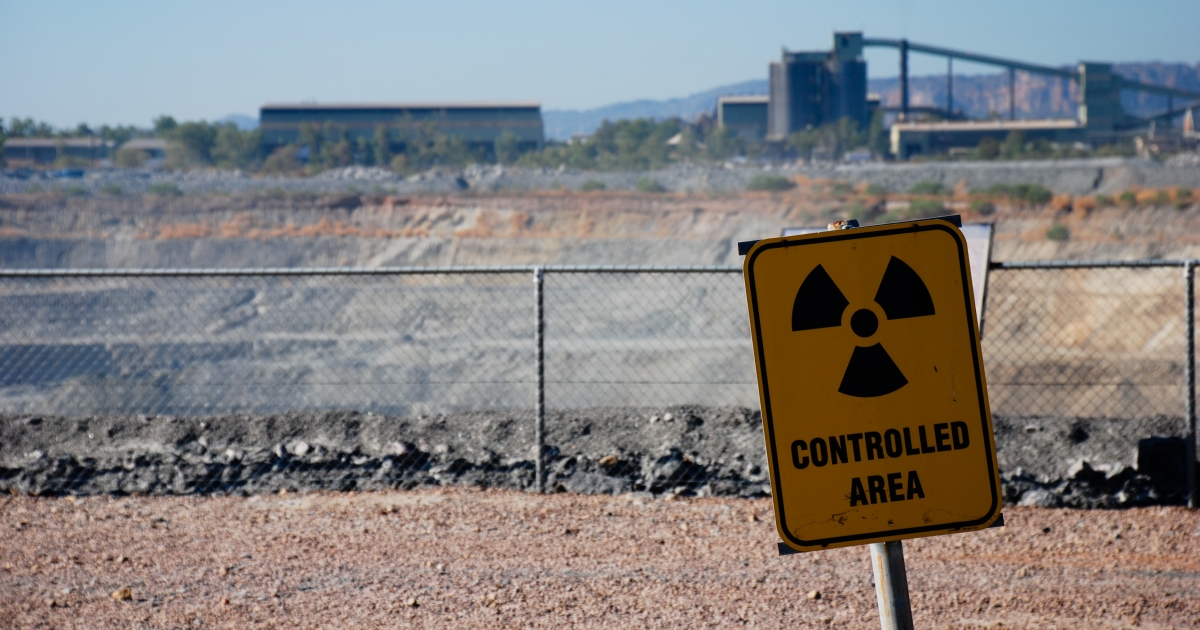Stephan Frühling poses a controversial question: whether Australia should get its own nuclear weapons. He answers that the security environment is changing so much that the prospect cannot be dismissed out of hand, as it has been for many decades. Given this, we must think through the consequences in clear-eyed fashion, he says. What would an Australian nuclear weapon mean for proliferation? Would it make Australia a target for attack by China in some future crisis? These are good questions, and raising them is an indication of how much the Asian security environment is changing.
Underlying his analysis is the return of great power rivalry. And this leads to a larger strategic problem, which goes beyond Australian security. It is the important question of our time: what role will nuclear weapons play in major power rivalry? International politics and technology suggest that their role will be substantial.






